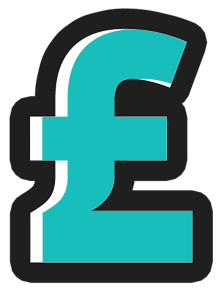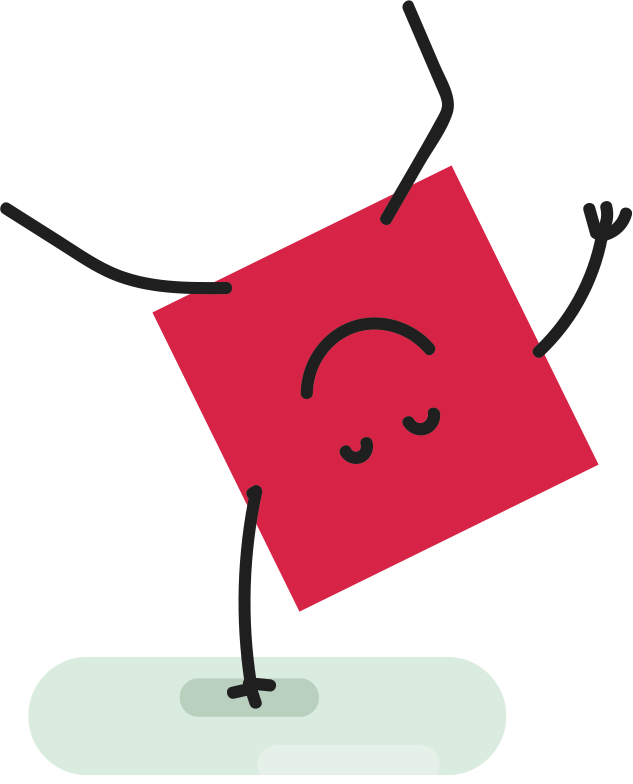

The benefits of a receptive language assessment can be seen through:
Through understanding and addressing areas of need, children and young people can be happy, safe and ready for life’s challenges.
A receptive language assessment can be carried out following an initial discussion, please see our process below.
During a receptive language assessment we will ask the individual to complete a number of tasks and follow instructions to assess their understanding and comprehension. We use the most appropriate assessment for the child or young person’s age and ability.
The specific assessments used will be chosen based on the individual and their developmental age. The receptive language assessments we use most often are:
There are also informal ways to assess receptive language and these will be discussed before the assessment takes place if appropriate.
After a receptive language assessment we will be able to provide information in relation to how an individual perceives and understands language and communication. This information can be used to guide further assessments, interventions or adapt any communication strategies already in place. If the assessment shows that a child or young person would benefit from input by a speech and language therapist then we would discuss this with you.
A report can be requested following a receptive language assessment. Reports can be useful for sharing information with professionals and health care practitioners, including speech and language therapists. Reports can be used to provide a summary of our findings, or for a complete analysis of our findings and recommendations for the future. Read more about our reports.
A receptive language assessment identifies areas of strengths and needs in relation to understanding language. We advise having an up to date hearing check prior to this assessment, as it is possible that a hearing difficulty would cause similar characteristics.
Arrange an initial discussion to find out how we can benefit your education setting. The initial discussion lasts 2 hours and is a starting point to identify needs. The cost is £260.
only
£260


Once again thank you for all your help and for actually listening to me when others wouldn’t.

Jodie (Parent)
Thank you Julie once again for the excellent report, it captured the child’s needs entirely - SENDIASS, parents and me commented on how well written it was. Many thanks for your continued assistance.

SENCO
Sarah Ward was brilliant with us. Really happy with the help and support, would recommend.

Joanne (Parent)
I think the work you have been doing has been great to help break the stigma of mental health and as a fellow sufferer I know how important that is.

Mental health professional
Many thanks for Sarah W’s hard work with our students which has been very well received.

Deputy Head
Really enjoyed it and learnt lots that I can take back to school. Thank you for the quality experience.

Sarah Tindal
Thank you Julie once again for the excellent report, it captured the child’s needs entirely - SENDIASS, parents and me commented on how well written it was. Many thanks for your continued assistance.

SENCO

We provide bespoke solutions to suit all budgets and requirements for children and young people aged 0-25 in homes, education settings and the community. Our clinical, educational and child psychology services are cost effective.
To make a referral and arrange an initial discussion please complete our referral form.

Ready to get started? The next step is to speak to our team to find out more about the services we provide and how we can help. Call us on 0161 820 9229 or email office@hsrpsychology.co.uk